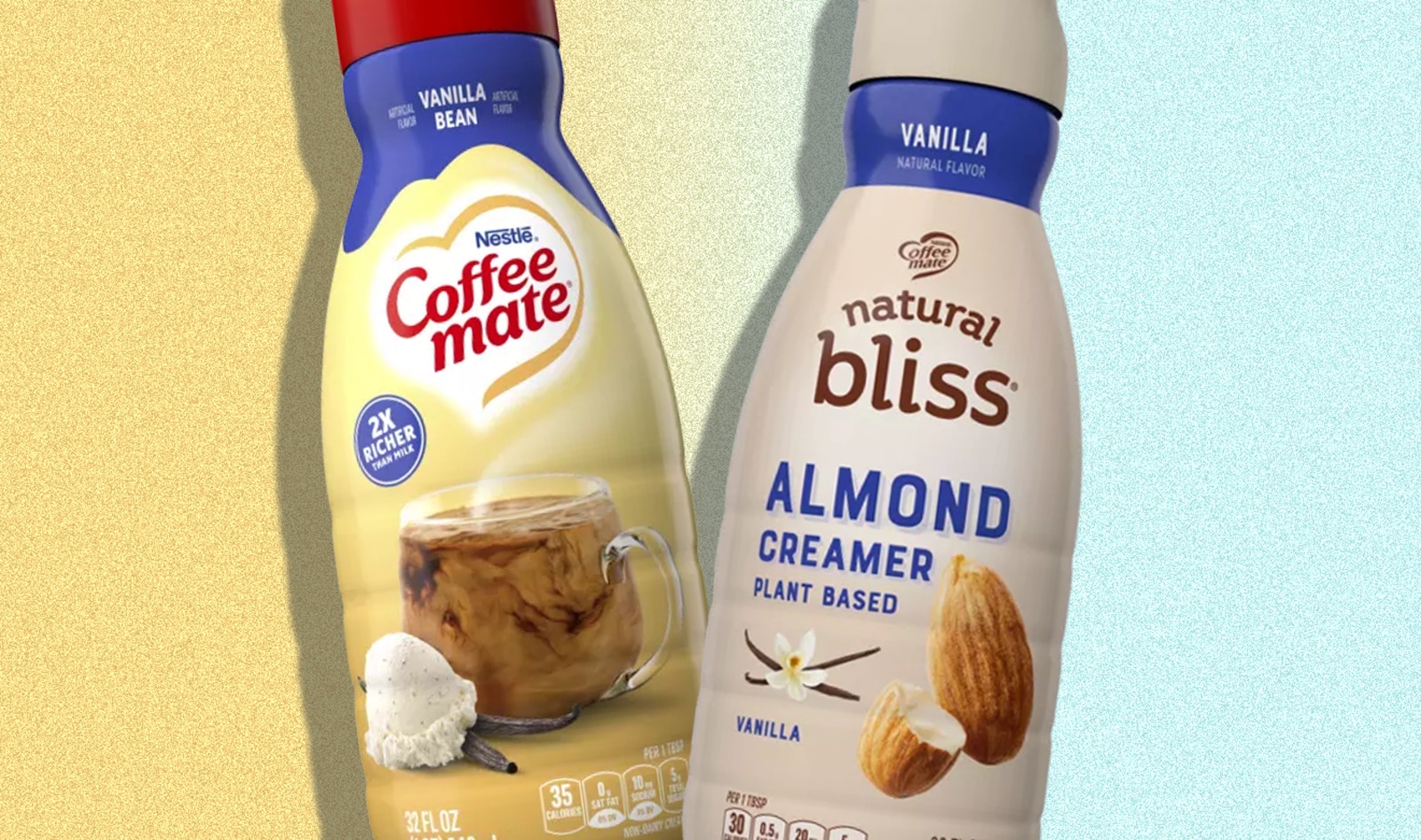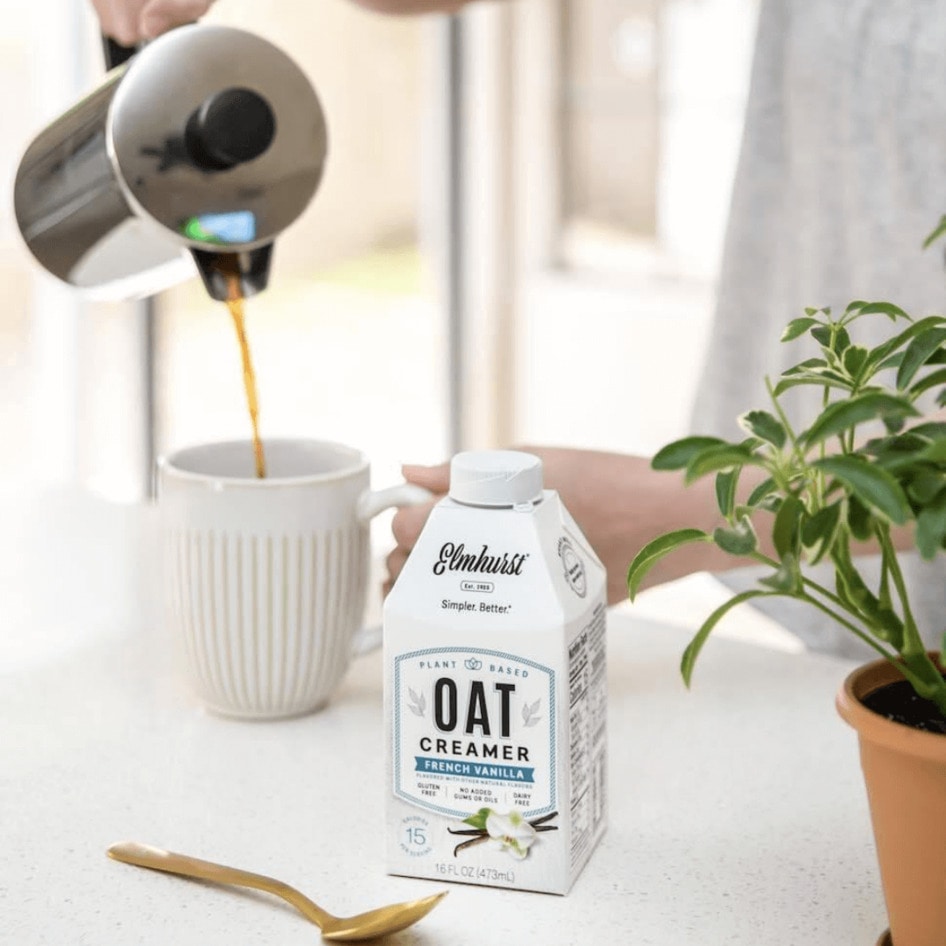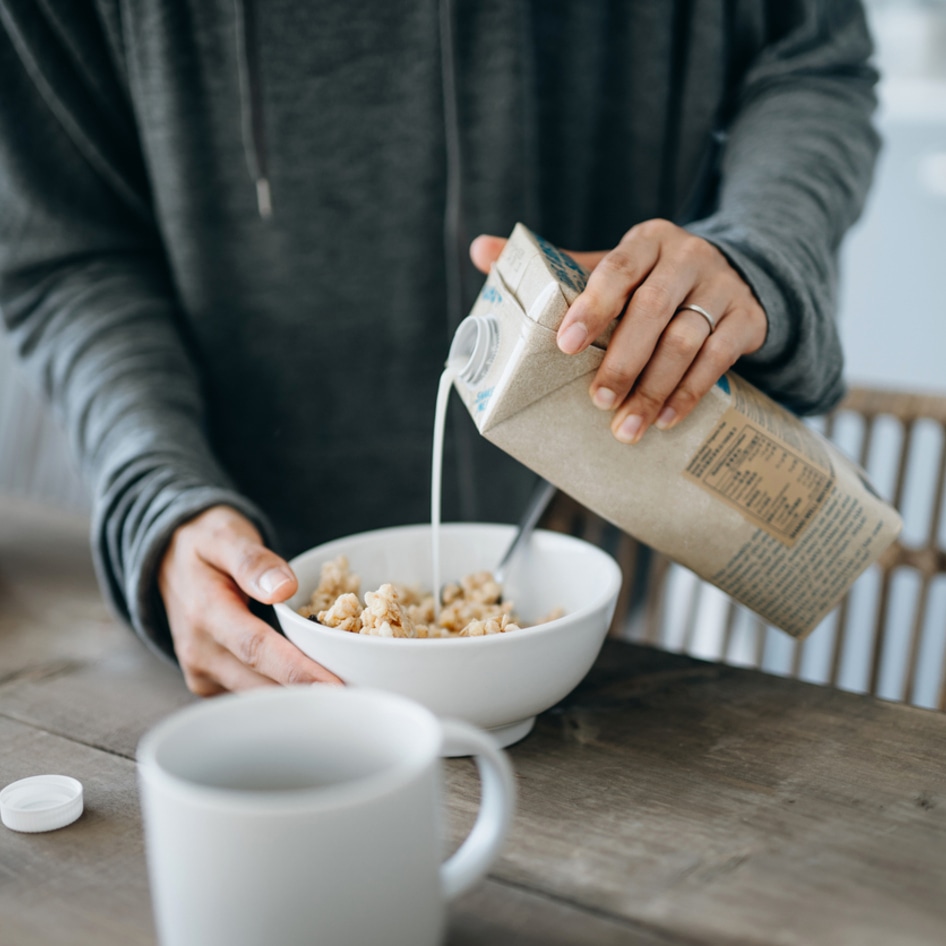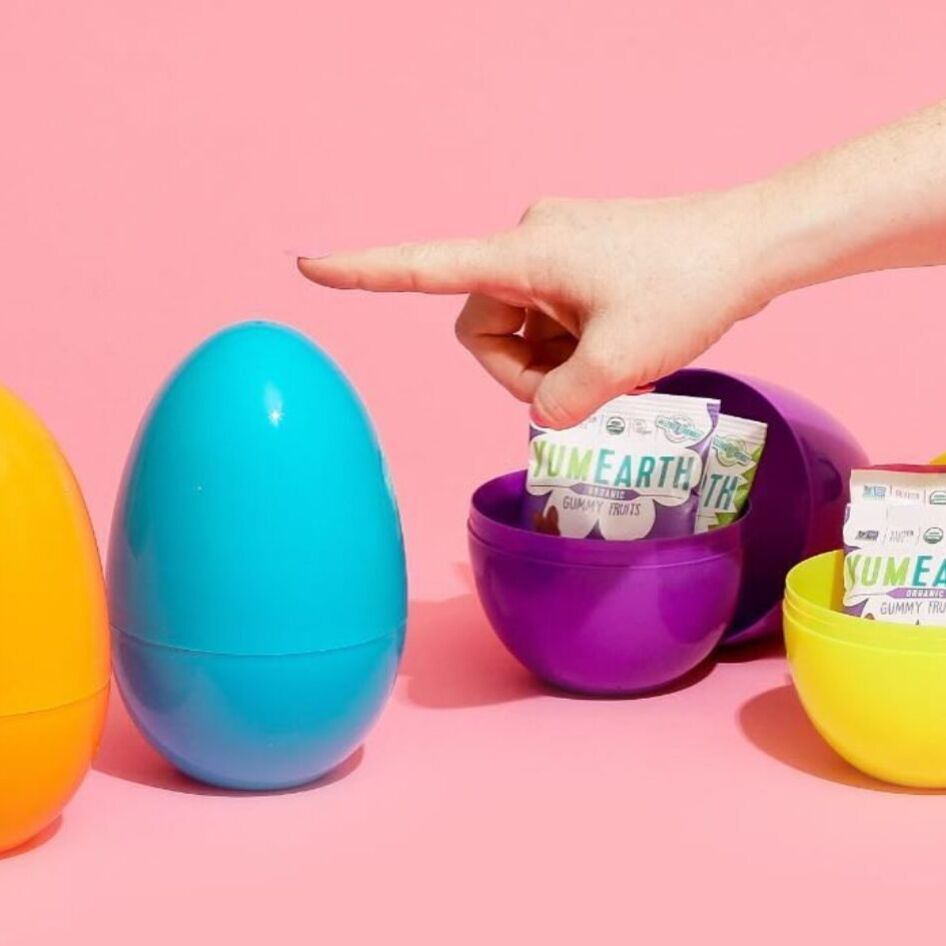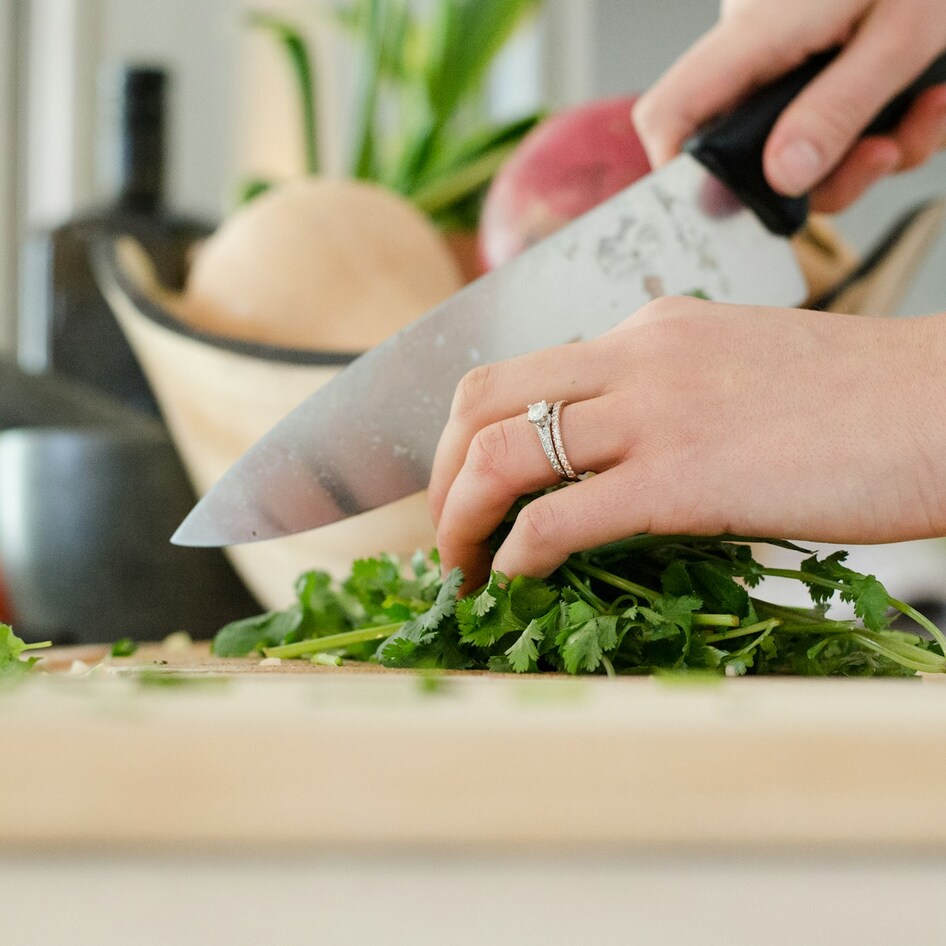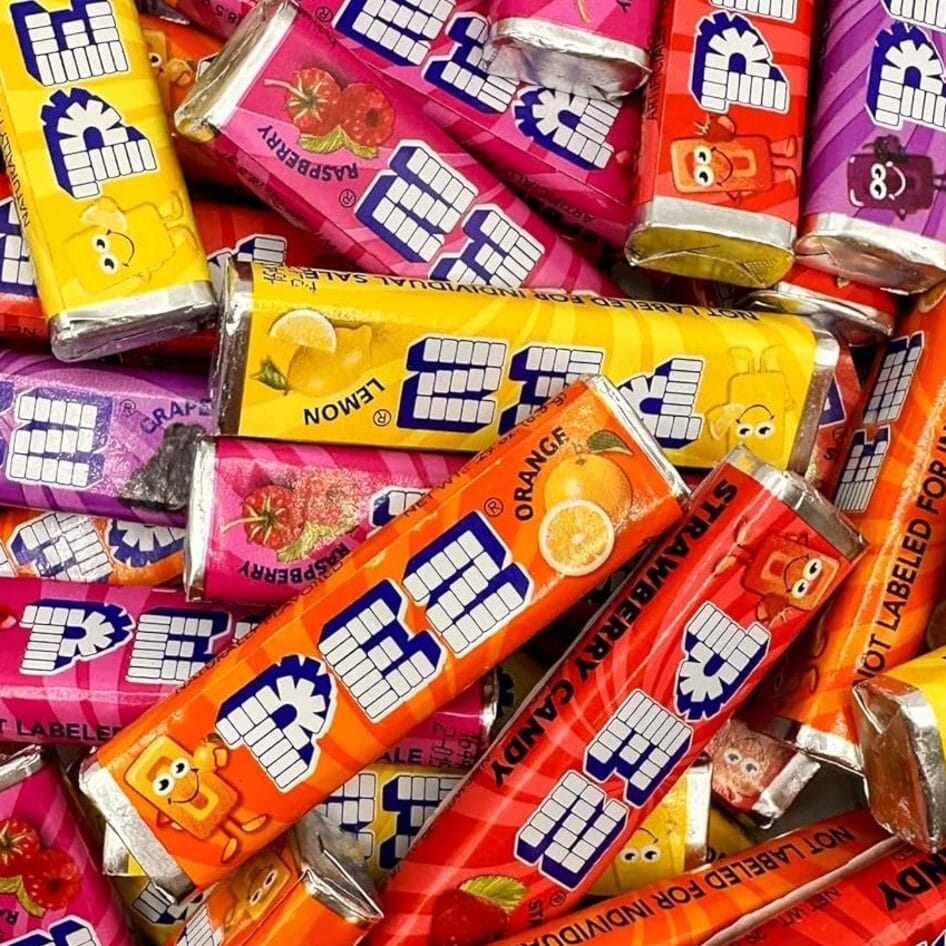Food labels can be confusing. There are so many different terms that sound like they should mean the same thing, but don’t—except for the times that they do. Wait, what?
Take dairy-free and non-dairy, for example. Both terms imply that a product doesn’t contain any dairy, and often, that is genuinely the case. But not always. Legally, the term non-dairy actually allows for some milk-derived products to be used. It’s a little bit complicated, so let’s dive in.
What does it mean to be dairy-free?
If a product is labeled dairy-free, this generally means it doesn’t include milk or any components or derivatives that come from milk. These include lactose, the sugar found in milk, and casein, a type of milk protein. However, some products may contain traces of milk if they are made in a factory that also processes milk products, so they are not necessarily allergen-free. It’s important to read food labels closely to check if a product is safe for people with allergies. Look for warnings like “may contain milk.”
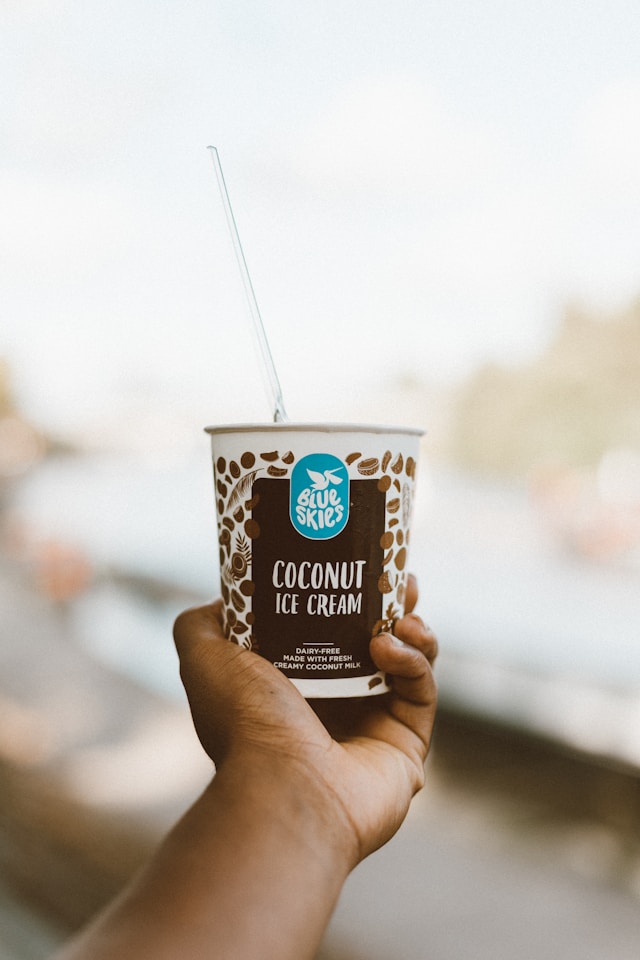 Unsplash
Unsplash
It’s also important to note that the term dairy-free has no legal definition. “Of course, the [US Food and Drug Administration (FDA)] does not allow the use of false and misleading terms in general on food labels, notes the University of Nebraska-Lincoln’s Food Allergy Research and Resource Program. “But without a regulatory definition in place, there can be no assurance that foods labeled as ‘dairy-free’ are in fact free from any milk proteins.”
According to the FDA, the only “absence” claim it defines is gluten-free. However, as the program confirms, it does indeed maintain that all absence claims used on food products must not be misleading. “If a product or references to a product on a company website were to bear a dairy-free or similar claim, the FDA would expect there to be no milk allergen in the product given that consumers with milk allergy depend on the accuracy of dairy-free claims for their health,” the FDA notes.
What is considered to be non-dairy?
Non-dairy is a term used on food labels to indicate that a product does not contain traditional dairy ingredients like milk, cheese, butter, or cream. Unlike dairy-free, it does have a regulatory definition. However, the term can often be misleading because it does not always mean the product is entirely free from milk-derived ingredients.
 Pexels
Pexels
The FDA allows products that contain small amounts of milk derivatives such as casein to be labeled as non-dairy. The regulation was reportedly set up this way because some companies believe that these ingredients have functional properties that are hard to replicate with non-dairy ingredients.
“Many professionals in the food industry would agree that the FDA regulation for the term non-dairy is ludicrous,” continues the Food Allergy Research and Resource Program. “However, changing regulations that actually exist in the Code of Federal Regulations is a long and tortuous process.”
However, many products on the market don’t contain any dairy at all, proving that it is possible to make delicious milk and dairy alternatives without any animal products. For more on totally dairy-free and vegan products, check out our Vegan 101 guide to various different plant-based milks.
BECOME A VEGNEWS VIP: Get exclusive product deals, freebies, and perks galore!
Does vegan mean dairy-free?
Yes and no. While all vegan products are dairy-free, not all dairy-free products are vegan. This is because some products don’t contain dairy, but they do contain other animal ingredients. This is often the case with dairy-free candy, for example, which might contain gelatin or honey, which would make it not vegan.
For more guidance on confusing terms, find our guide to the definition of vegan here and our guide to the flexitarian lifestyle here.
For more plant-based stories like this, read:
JUMP TO ... Latest News | Recipes | Guides | Health | Subscribe

